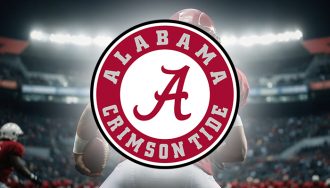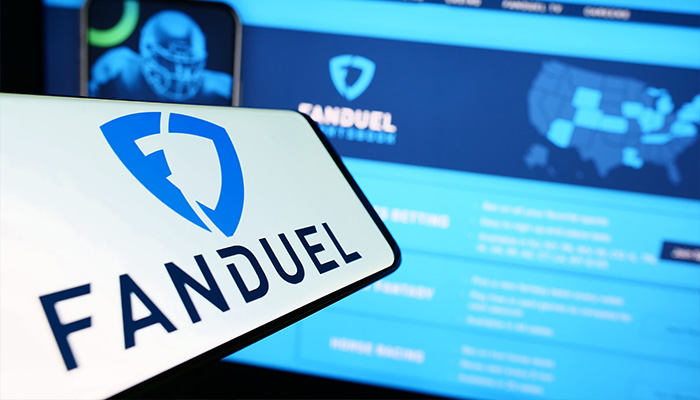 Betting Bill Fails to Get Past Alabama Conference CommitteeRead Article
Betting Bill Fails to Get Past Alabama Conference CommitteeRead Article Lisa SpencerMay 18, 2024
Lisa SpencerMay 18, 2024
New documents reveal that FanDuel, the largest online sports betting company in the United States, actively fought against proposed regulations in New York aimed at protecting young people and problem gamblers from the harm gambling can cause.
The revelations come from financial records and memos obtained through Freedom of Information Act requests. They show that FanDuel extensively lobbied the New York State Gaming Commission to water down rules on advertising standards and responsible gambling requirements that companies like FanDuel would have been required to follow.
FanDuel argued against a proposed rule that would have prohibited online gambling platforms from using certain words, phrases and search engine optimization tactics purposefully designed to attract people who may be prone to gambling addiction. FanDuel claimed such requirements would be too “subjective” and difficult to enforce properly.
As an example, they contested restrictions that would have banned gambling sites from embedding phrases like “problem gambling help” into their website coding to have their links pop up when vulnerable individuals search for addiction support services online. FanDuel compared this to “a liquor store not being able to advertise to customers who ‘may be’ alcoholics” in arguing for the removal of the rules.
FanDuel also opposed measures that would have required gambling operators to take responsibility for any false, misleading, or deceptive statements made by their marketing affiliates. The company asserted that only the affiliates themselves, not the operators, should be held accountable.
Gambling addiction advocacy groups have widely condemned these lobbying efforts as contradictory and disingenuous, given that the industry frequently touts strict responsible gambling protections when campaigning to expand legal online betting.
For example, Jim Maney, Executive Director at the NYC Council on Problem Gambling, said:
I think the industry could do more to assist. It may be burdensome, but we have to make sure that we are protecting the most at-risk populations.
They accuse companies like FanDuel of exploiting problem gambling concerns to convince lawmakers and voters to open new markets, only to later fight safety regulations that protect consumers but slow profit growth.
Additionally, documents show FanDuel aggressively fought proposed restrictions that would have made it illegal for sports betting companies to advertise in the area of college and university campuses in order to limit exposure to people under 21, the legal gambling age.
FanDuel called the language prohibiting ads “in the area of” campuses too vague and claimed it could be interpreted to ban their advertising in unaffiliated residential and commercial areas near schools as well. Regulators defended the regulations as necessary safeguards against predatory marketing targeting underage students, whether on officially owned college property or nearby.
As more states hurry to legalize online betting in response to New York’s success, debates are intensifying around finding the right balance between business interests and problem gambling concerns. Regulators increasingly face pressure to enforce strong consumer protections right from the start, before companies become dependent on revenues from addicted gamblers.
 Betting Bill Fails to Get Past Alabama Conference CommitteeRead Article
Betting Bill Fails to Get Past Alabama Conference CommitteeRead Article Lisa SpencerMay 18, 2024
Lisa SpencerMay 18, 2024 North Carolina Lawmaker Introduces Bill to Ban College Prop BetsRead Article
North Carolina Lawmaker Introduces Bill to Ban College Prop BetsRead Article Lisa SpencerMay 15, 2024
Lisa SpencerMay 15, 2024 November Referendum on Sports Betting Likely in MissouriRead Article
November Referendum on Sports Betting Likely in MissouriRead Article Lisa SpencerMay 13, 2024
Lisa SpencerMay 13, 2024